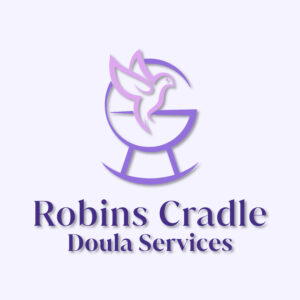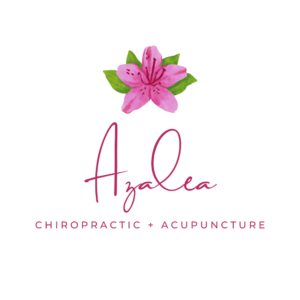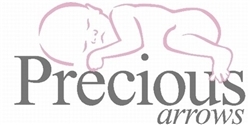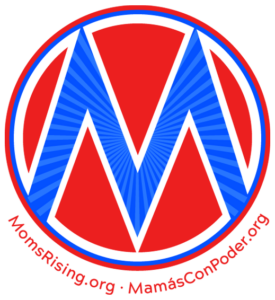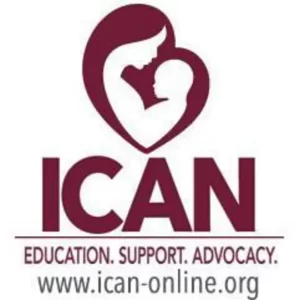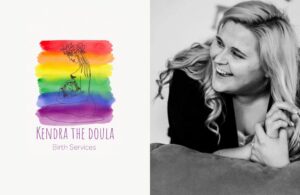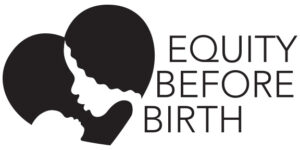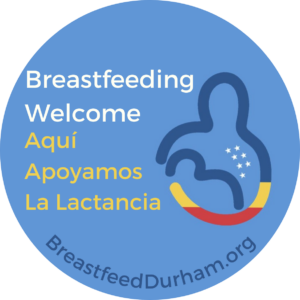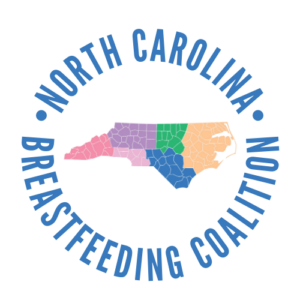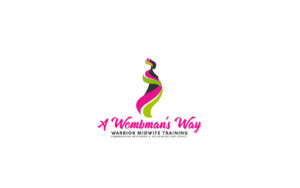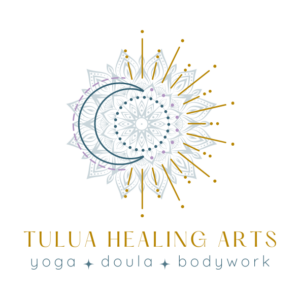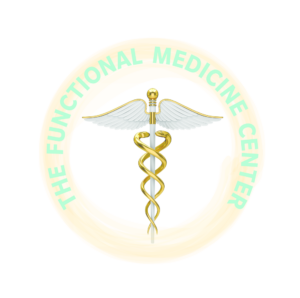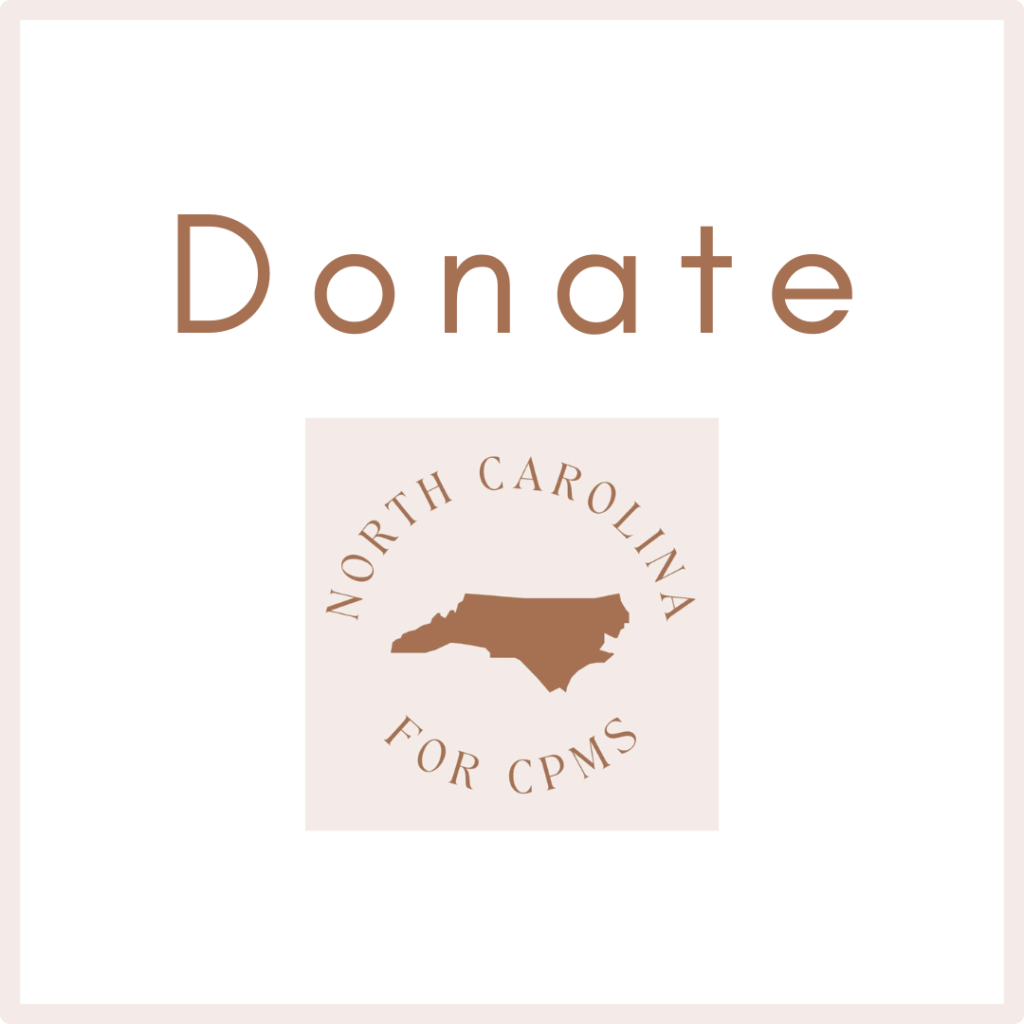*Button will open a donation form in a new window. Donations are greatly appreciated but not necessary. Simply fill out the form, and an email will be sent with links to view the full movie.
A Message from Nicole Havelka, CPM, Executive Producer of A Midwife Solution
A Midwife Solution is an intentionally short documentary, with the purpose of energizing and empowering community supporters and advocates as well as educating legislators, public health leadership, and other stakeholders. This documentary is meant to be a hook that draws people into understanding there is an issue, learning more, digging deeper, and not only endorsing but joining the effort to see CPMs licensed and integrated in North Carolina.
A Midwife Solution is primarily about homebirth with Certified Professional Midwives, and that makes a lot of sense because the only way that people currently have access to care with a CPM in North Carolina is through homebirth. The right of each family to choose where to birth and what kind of care provider is their best fit is central to the issue of CPM licensure and integration in North Carolina.
However, it is important to acknowledge that this issue is intersectional. Is CPM licensure about home birth? Yes.
But if we go deeper it is about much more. It is about ensuring quality of care and improving safety. It is about building relationships and trust and people FEELING safe with their care providers. It is about how midwifery care being a part of someone’s perinatal care experience is known to improve outcomes, whether or not that person births with a Midwife. It is about being able to open and staff more birth centers throughout our state. It is about being able to collaborate with the medical system. It is about access to respectful, individualized care and growing a midwifery workforce that is diverse and able to offer culturally competent care.
I am so grateful to the families who shared their stories with us in this film. Their stories echo common themes we hear from many families in North Carolina, and they are brave to speak out about their experiences. Each person’s experience matters, and it is important to acknowledge that A Midwife Solution does not adequately represent the experiences of families in marginalized communities. I own the responsibility for that. When I first attempted to “cast” the documentary I reached out to Black, Brown, and Indigenous midwifery care consumers in my community to gauge their interest in participating in the documentary because I thought that it was important to represent a diverse community. I did not receive responses at that time and as I reflected on my actions I came to believe that it had been wrong for me to reach out to families from marginalized communities and ask them to do the physical and emotional work of ensuring that this documentary included diverse representation. At that point I created an application form for families interested in participating in the documentary and worked to distribute it to community birth families across the state, while hoping that there would be a diverse group of applicants that would be interested in participating. I allowed myself to become paralyzed by my fear of not knowing how to proceed equitably and responsibly, rather than asking for help and connecting with mentors to support the creation of a product that appropriately represented marginalized communities.
Since that time I have had the honor of connecting with several mentors to receive feedback and guidance about ways to do better ensuring equitable and inclusive practices on projects moving forward. I have become an ally member of SisterSong and had the opportunity to engage in some of their webinars and continuing education opportunities. I understand that hoping for diversity to be a part of this project was not good enough, and there were steps I could have and should have taken while developing A Midwife Solution to ensure diversity in the documentary. I will continue to work on educating myself and becoming a better active listener to grow into a better midwife and a better ally to marginalized communities.
Like the disparity in representation in A Midwife Solution, there is a clear disparity in access and outcomes that we know exists in North Carolina. Do ALL people have the right to receive individualized, respectful care throughout their perinatal journey? Absolutely, reproductive rights are human rights. Are people in marginalized communities interested in and seeking out midwifery care? Yes. When they seek care with a midwife, are they able to access it? That can be challenging in a number of ways. If they are able to access care with a midwife, are they able to find a midwife who has similar lived experiences and can provide them with culturally competent care? Even more challenging.
In a state where the Black community continues to experience a 2.5 times higher rate of infant mortality than the white community, Indigenous communities experience 30% less breastfeeding babies by hospital discharge, and the Hispanic community experiences quadruple the birth rate for 15-17 year olds, being intentional about growing a diverse midwifery workforce and expanding access to midwives FROM and IN all of communities is critical. An important step on the path toward that goal is the licensure of CPMs.
It is LONG past time, North Carolina. We need A Midwife Solution.
*Button will open a donation form in a new window. Donations are greatly appreciated but not necessary. Simply fill out the form, and an email will be sent with links to view the full movie.



